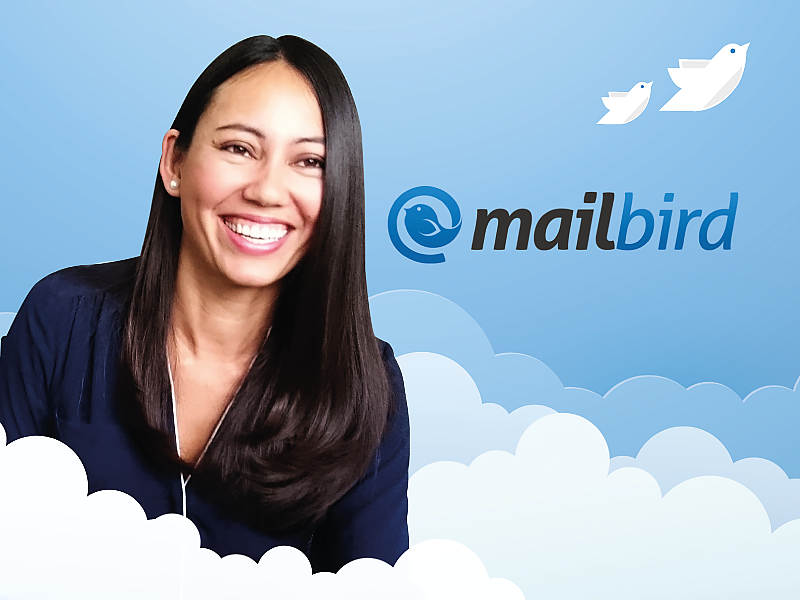TechInAfrica – Everyone in this digital era must have dreamt or at least thought about starting up their own company and product line. Developing an app, patenting a software, and establishing connections are three of the many ways to reach fortune by settling a business. But most people don’t know where to start, so they just let their ideas wither. Lucky for you, here is six things you need to know before you start a SaaS (software as a service) startup.
Know why you are starting your app before you begin
Most people just dive in head-first without proper groundwork regarding why they are launching their ideas. What problems need to be addressed, what ways it can be achieved, what are the desired outcomes and outputs; these are all simple yet fundamental questions that need to be checked before you jump in the market.
Why now? Why you? These questions can also be answered to provide further insights on your startup plan.
Build a strong team
A strong team is as effective as aggressive marketing and proper planning. To establish a SaaS platform, team members must love and be good at what they excel in; coding, marketing, designing, forecasting, etc. There are few to no SaaS platforms that are run by a single man, so invest your resources in nurturing and building skills with your team.
The key is not the quantity of your team members, but the quality. To further ensure effectivity and lesser miscommunications, lesser but trustworthy team members promise better future for the company rather than members in large numbers.

Have conversations
Talk to people. What are the problems they’re currently facing? Can your startup stand in, intervene, and address such problems? Ask the right questions and you’ll be able to get into the core of the issue. In the meantime, aspiring startup developers may also need to build their first-ever audience base to test their beta versions of their respective SaaS platforms. Beta testers can be granted access to the earliest stages of your service development and point out the flaws or bugs you may have missed.
Andrea Loubier, CEO of Mailbird, also highlighted the idea to have other people, businesses and customers tell their story about how your solution has helped them. These use cases help validate and build a reputation for your SaaS company—which, in return, could bring a larger audience base for the platform to sink in.

Build a partnership
It doesn’t have to be a financially profitable one. Finding other founders (preferably in the same market) for you to share your experience and grow together can also go a long way in making business more enjoyable. You can also look for more experienced founders or CEOs to learn from, whilst in the meantime nurturing a healthy competitive scene in the work environment.
Map out your business model canvas
Sarah Kuhn, founder of Juna, professed that not everyone can be Instagram or Facebook—those are unicorns for a reason—during an interview with Authority Magazine. A business model defines the way you could make money from your app. Is it subscription? Is it pay-per-use? Is it only dependent on pop-up advertisements? “For me this was so clear because I had been working in subscription fitness companies. Whenever I was pitching anyone the idea or talking about the business, I never even mentioned how we would make money,” Kuhn added.
Prioritize development

Development, with thousands of lines of code, is the lifeblood of your company. Expansion and new ideas might be as tempting as outsourcing your engineers overseas. But when there’s a critical bug and you have to act fast, it’s best to have your coders close (and your engineers closer).
That is all we could ever think of; if you have anything we might have missed, feel free to add them in the comments section!
 We just launched our WhatsApp channel. Want to get the latest news from the Tech in Africa?
We just launched our WhatsApp channel. Want to get the latest news from the Tech in Africa?


